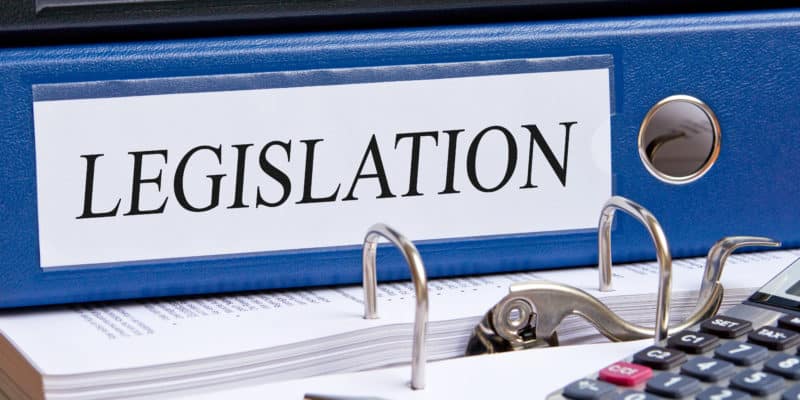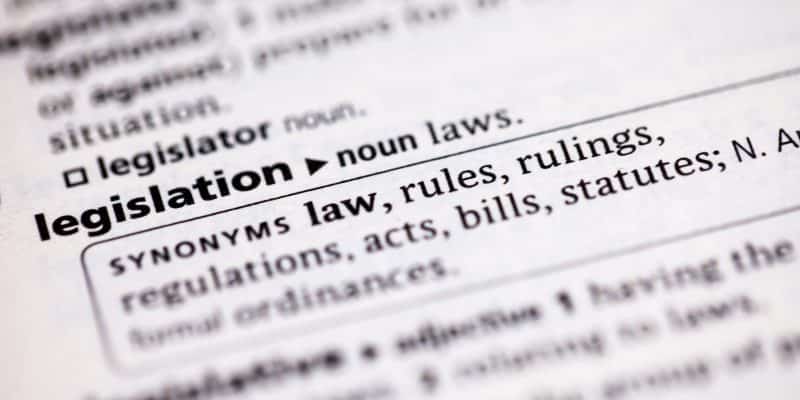Agency: Employment and Training Administration
Date: March 10, 2020
Release Number: 20-386-NAT
WASHINGTON, DC -The U.S. Department of Labor today published a final rule that will help expand apprenticeships in the United States by establishing a system for advancing the development of high-quality, Industry-Recognized Apprenticeship Programs (IRAPs).
IRAPs are high-quality apprenticeship programs, recognized as such by a third-party entity under standards established by the department in the new rule. Through these programs, individuals will be able to obtain workplace-relevant training and progressively advancing skills that result in an industry-recognized credential, all while getting paid for their work. An IRAP is developed or operated by entities such as trade and industry groups, corporations, non-profit organizations, educational institutions, unions, and joint labor-management organizations.
“Apprenticeships are widely recognized to be a highly effective job-training approach for American workers and for employers seeking the skilled workforce needed in today’s changing workplace,” Secretary of Labor Eugene Scalia said. “This new rule offers employers, community colleges, and others a flexible, innovative way to quickly expand apprenticeship in telecommunications, health care, cybersecurity, and other sectors where apprenticeships currently are not widely available.”
Third-party entities interested in evaluating and recognizing high-quality IRAPs consistent with the department’s standards should follow the process outlined in the final rule to become Standards Recognition Entities (SREs).
As described in the final rule, many different types of entities may become recognized SREs, including trade groups, companies, educational institutions, state and local governments, non-profits, unions, joint labor-management organizations, and certification and accreditation bodies for a profession or industry. The rule also outlines the responsibilities and requirements for SREs, as well as the department’s standards that programs must meet to obtain and maintain IRAP status and sets forth how the administrator will oversee SREs.
Once recognized by the department, SREs will work with employers and other entities to establish, recognize, and monitor high-quality IRAPs that provide apprentices with industry-recognized credentials.
IRAPs will serve as a complement to the successful registered apprenticeship program that has been in place for over 80 years. The industry-led, market-driven SRE approach outlined in the final rule will give employers and other stakeholders additional flexibility necessary to expand the apprenticeship model into new industries and to address the diverse workforce needs of different industries and occupations. The rule prohibits SREs from recognizing IRAPs in the construction sector, which has the greatest existing utilization of registered apprenticeship programs.





